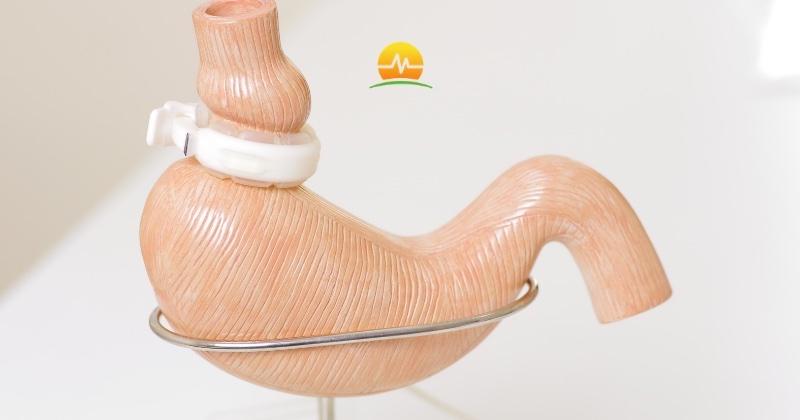
About two decades ago, a novel bariatric procedure and device was brought to market. The adjustable gastric band, commonly referred to by its trade name, the Lap-Band, hit the market with a splash. And rightly so. This was the first device that offered significant weight loss but could also be adjusted and removed without any significant changes to the gastrointestinal tract. It was seen as an excellent alternative to the gold standard of the time – the gastric bypass.
Of course, there are always compromises and with the implantation of this medical device, patients understood that their excess body weight would be somewhat limited when compared to the gastric bypass. For many, this was a good trade off, seeing that the procedure was not permanent and seemed to be less invasive the traditional stapled procedure.
As a result, tens of thousands of these bands were placed each year, a rival band known as Realize was launched, and the band became the second most popular bariatric surgical procedure in the United States.
Why We Don’t Hear About the Band Any Longer
While the band had lots of promise, the nagging concern, which ultimately came true, was the long-term viability of a medical device squeezing the top of the stomach. It turned out, that those who underwent the procedure developed an unacceptably high number of long-term postoperative complications including erosion of the band into the esophagus, slippage of the band, or problems with the injection port in the abdomen that was used to introduce or remove saline (to tighten or loosen the band respectively).
Around the same time, the minimally invasive techniques, and technologies we now use for the gastric sleeve and the gastric bypass were not only further standardized but improved to the point where stapled bariatric surgeries were never safer or more effective. Many patients with stapled procedures were losing upwards of 80% of their excess body weight and having relatively few long-term complications.
As such, the Lap-Band has all but disappeared from our consciousness. And while some bariatric practices do place bands, we at MasJax do not believe that it is an appropriate bariatric procedure for most patients.
When We See a Band
While we do not place any bands at here at our practice, we do see plenty of them… for removal. Indeed, one of the most popular revisional bariatric procedures we perform is a band-to-sleeve conversion. This is where a gastric band is removed, and a gastric sleeve is performed to replace the restriction. Remember, simply removing the band is likely to cause rapid weight gain, however, converting to a sleeve or bypass during the same procedure not only maintains the patient’s existing weight loss, but allows them to potentially lose significantly more than they would have with the band. While a band to sleeve conversion is somewhat riskier than the primary bariatric procedure, we perform a thorough examination to ensure our patients’ suitability for the conversion
Don’t Panic if You Have a Band
If you have an adjustable gastric band placed and you are not experiencing significant weight regain or any adverse symptoms, you should not be overly concerned. You may wish to speak to one of our bariatric surgeons to understand more about further weight loss options by converting to a gastric sleeve or even a gastric bypass. Of course, if you are experiencing issues with your band, speak to one of our surgeons as soon as possible to understand what may have gone wrong and what the solution may be. If you ever experiencing a medical emergency, dial 911 or go to the nearest hospital to get appropriate care.









